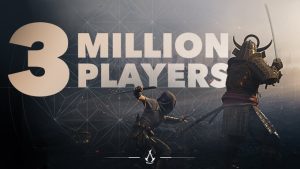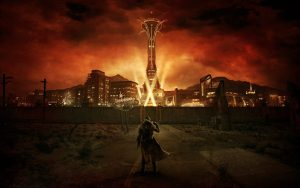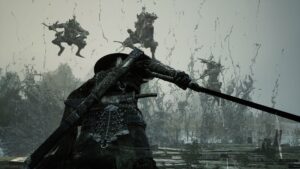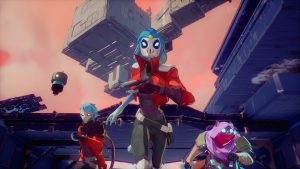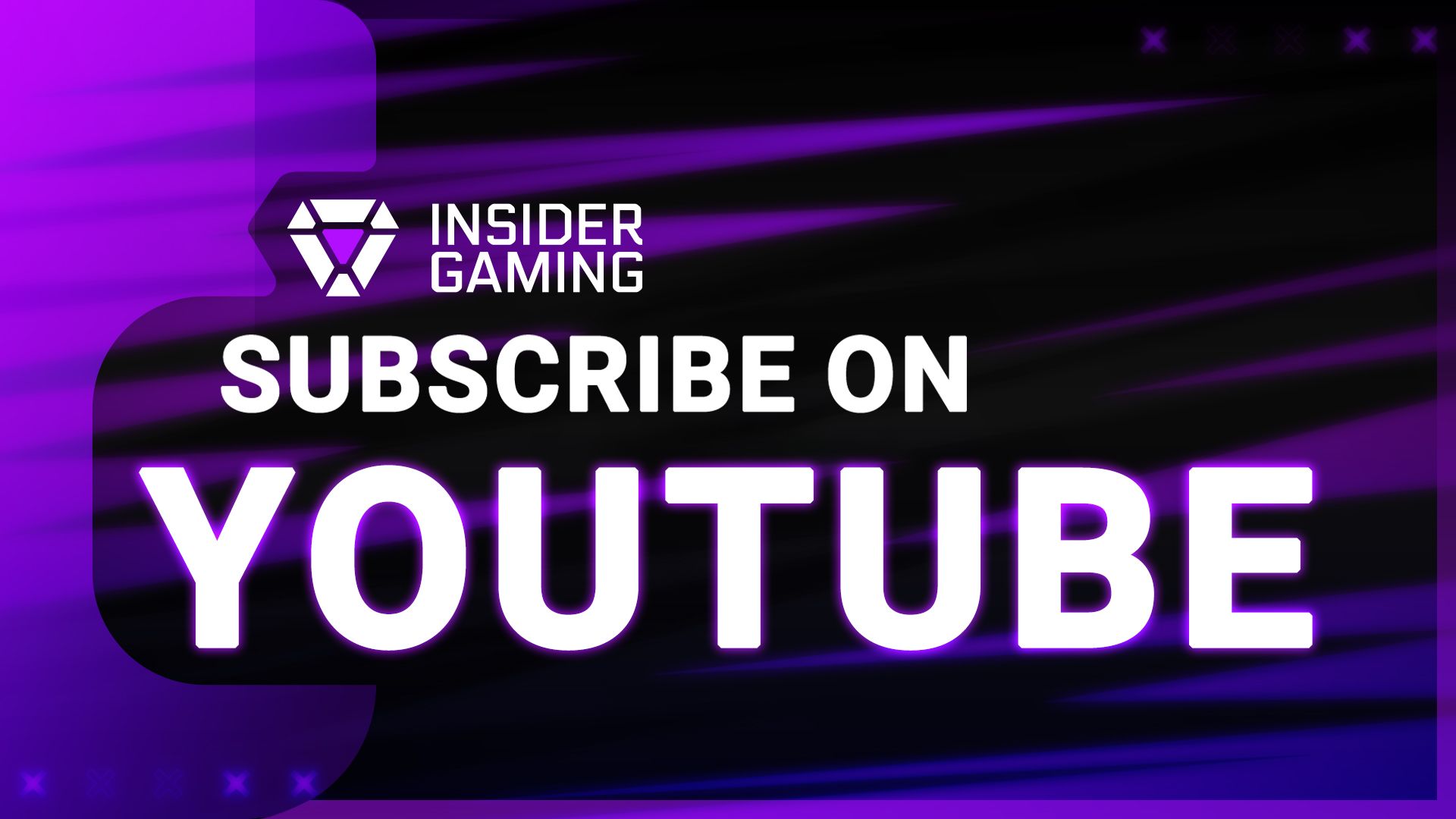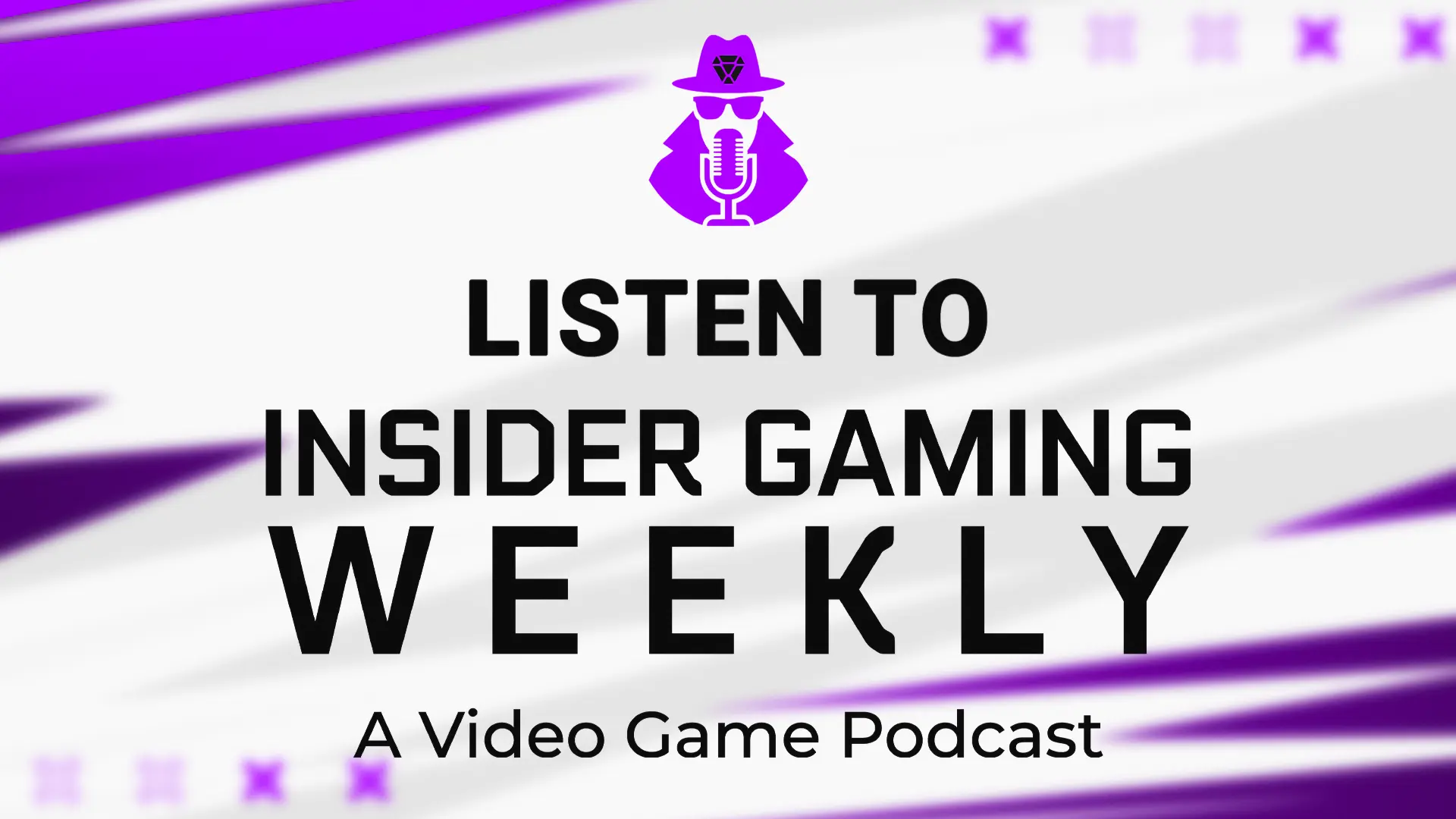A new email sent by CEO John Hanke has revealed that Niantic will be laying off 230 employees and canceling its Marvel game, Marvel: World of Heroes.
The email was officially published online, but you can read it all below:
“All,
I have some news to share with you about steps we’re taking to set Niantic up for the future. They mean some difficult changes for our organization, but I believe they are important if we are to weather the current challenges in the market and take advantage of the long term opportunity in front of us.
I have made the decision to narrow our focus for mobile game investments, concentrating on first party games that most strongly embody our core values of location and local social communities. The mobile gaming market is very mature and only the best and most differentiated titles have a chance to succeed. We also want to increase our focus on building for the emerging class of MR devices and future AR glasses.
Specifically, this means we will be closing our LA studio, reducing our game platform team and making additional reductions across the company. As a result, we will be sunsetting NBA All-World and stopping production on Marvel: World of Heroes. This means we are laying off around 230 Niantics.
Why are we making this change?
The answer is straightforward – we have allowed our expenses to grow faster than revenue. In the wake of the revenue surge we saw during Covid, we grew our headcount and related expenses in order to pursue growth more aggressively, expanding existing game teams, our AR platform work, new game projects and roles that support our products and our employees. Post Covid, our revenue returned to pre-Covid levels and new projects in games and platform have not delivered revenues commensurate with those investments. This change will bring expenses and revenue back into line while preserving our core assets and long term upside.
Why did this happen?
There are both internal and external factors. We are operating in a tough market environment due to the overall global macroeconomic slowdown, as well as unique challenges in the mobile gaming and AR markets. In the years since Pokémon GO’s launch, the mobile market has become crowded and changes to the app store and the mobile advertising landscape have made it increasingly hard to launch new mobile games at scale. We also face an AR market that is developing more slowly than anticipated, because of technology challenges and because larger players are slowing down their investments in light of the macro environment.
We also bear responsibility for our own performance. Today’s highly competitive mobile gaming market requires dazzling quality and innovation. It also requires strong monetization and a social core which can drive viral growth and long term engagement. Teams need platform tools that are force multipliers, enabling them to build at the highest quality with powerful engagement features quickly and efficiently. Our AR map and platform must deliver the features that developers want in a robust and reliable way. We have not met our goals in all of these areas.
What does this mean for Niantic moving forward?
- We remain long term believers in augmented reality as the future form factor for computing.
- We believe that we can build key content and platform services that will help realize the promise of this technological shift.
- The rise of MR (video pass-through devices such as the Meta Quest Pro and Apple Vision Pro) validates the long-term importance of AR, but this class of device is only an intermediate stepping stone to true outdoor AR devices.
So we have to adjust our strategy and investment accordingly:
- The top priority is to keep Pokémon GO healthy and growing as a forever game. While we made some adjustments to the Pokémon GO team, our investment in the product and team continues to grow.
- We will also focus on making our recently launched games a success, in terms of user retention, revenue and profitability. I am confident about the prospects for Pikmin Bloom, Peridot and Monster Hunter Now, but we have a lot of work to do.
- We are reducing and focusing our platform team in line with the reduced number of games we are building, with the goal to do less, better.
- We will continue to invest in our AR map and AR platform to enable developers to build, grow and monetize their own AR experiences. Our highest priority in this area is building an ecosystem of developers who create cross-platform, web (using 8th Wall) and Unity-based AR experiences. In the upcoming world of headsets, we expect much fragmentation and we believe, as was the case in mobile, that content creators will demand cross-platform solutions that enable them to leverage their content investment across the greatest number of devices and users. Our Visual Positioning System and human-centric AR map will provide them with the industry’s best tools for creating entirely new ways for people to see and explore the world.
In terms of how the company is run, expect a more direct and results-based culture. The leadership team and I are committed to cutting out unnecessary processes, duplicate lines of authority, and unclear decision making. You have already seen some of that with our move to a business unit structure, each with a clear leader (DRI). You will also see that as it relates to personnel decisions. We are committed to supporting and rewarding high performing Niantics who are committed to the company and its mission and are working tirelessly to succeed.
While you will see changes in the culture as we evolve into our newest form, our mission remains unchanged. We remain committed to building products and technology with a purpose, that leave the world better off than it was before, that serve both our needs as a company and the needs of our community of developers and Niantic Explorers in a way that is healthy and positive.
I am sure that the Niantics who are leaving will go on to make their own mark in the world in different places. I am proud to have worked with them, grateful for everything they have done, and sad to say goodbye. That painful step is in the interest of adjusting to new conditions and evolving the company so it can succeed. To those who are staying, I look forward to working with all of you on the next phase of our journey.”
What do you think about Sega wanting to stay independent? For more Insider Gaming, check out our full review of AEW Fight Forever, which launched on June 29.





